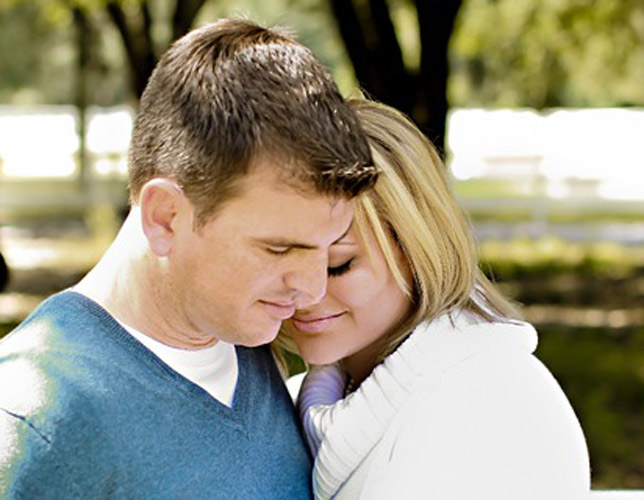Maxine Chalker is the founder of Adoptions From The Heart and an adoptee.
There is significant research and study covering adopted child psychology or teaching adoptive parents how to adapt with new children in the home.
However, the attention dedicated to birth parents is minimal at best, leaving a gap in the services available to help birth parents adjust with pre- and post-placement of the birth child.
Fortunately, this is slowly changing with pre-counseling centers and service areas for expectant mothers and birth fathers, but it is nowhere near the capacity it needs to be at and post-placement centers are far and few between.
With this in mind, here are some ways to support birth parents after placement during or after the adoption process.

Steps Towards Arranging An Adoption
While this may not always be the case, most birth parents choose adoption because they cannot afford to or are not in a position to parent their child— not because they don’t love them.
Placing a child in an adoptive home can be especially hard and emotional for birth parents, but factors like finances, unplanned pregnancies, already parenting a child or children and unwed marital statuses tend to lead many down this path.
Ultimately, the goal of arranging an adoption is to give the child what they are unable to provide.
Birth parents, like all parents, desire for their children to grow up in a stable home. There is the likelihood that a birth parent may want their child to know that they were not abandoned, and may wish to have some form of contact with the child.
The Changing Face Of Modern Open Adoptions
Traditionally, adoptions were closed processes. This has changed drastically today with open adoptions becoming more common than ever before.
In fact, a recent survey indicated that nearly 95 percent of infant adoptions in the U.S. are open.
An open adoption means birth parents have some type of relationship with their biological child.
Many adoptive parents, in order to help with possible questions their child may later have in his or her life, are starting to favor this type of adoption.
Adoptions From The Heart recognizes that ongoing contact comes with its own fears and realities for adoptive parents, but when the questions about roots arise, adopted children fare better when there are answers to their questions.
Open adoptions have made it easier for birth parents to have contact with the child, which creates a positive impact on the child’s upbringing.
Adoptive parents can do what is possible to support birth parents without feeling left out or “sidelined”.
Closed Adoptions
It’s important to realize that birth parents will grieve initially and will need to heal from the reality of of not parenting their child whether an adoption is open or closed.
Birth parents need to be given support, understanding, and encouragement from everyone around them.
During a closed adoption, the situation could be especially hard because birth parents have to come to terms with the prospect of not having contact with their biological child forever, which is a different scenario from those involved in open adoptions.
Birth parents are bound to go through feelings of grief and despair.
In order to heal, birth parents can benefit from support groups.
Therefore, adoption professionals involved in the process can provide ways to help birth parents.
It’s important to let them know that any feelings of despair or longing are normal in their situation.
Closed adoptions are likely to be especially hard, so it is important not to be judgemental.
Showing Support In Open Or Closed Adoptions
Adoptive parents may want to consider the importance of future contact for the benefit of their child to help him or her make sense of why the adoption occurred in the first place.
It is also important for prospective and adoptive parents to be patient and honest with birth parents in the hopes of maintaining sustainable relationships for the good of the child.
Ultimately, a happy and well-rounded child is what everyone desires.
Adoptive parents who share strained relationships with birth parents may want to consider mending the relationship through the intervention of adoption-trained mediators.
It is also vital for adoptive parents to use respectful language when talking about birth parents (whether they know them or not) to their children so that they don’t feel rejected or upset with the situation.
Ultimately, the importance of supporting birth parents boils down to the fact that everyone involved wants the child to have the best possible life.
Adoptive parents will do well to keep this in mind if they are trying to forge some type of relationship with birth parents for the good of the child.
Maxine Chalker is the founder and Executive Director of Adoptions From The Heart. She holds a MSW and LSW which she uses to give adoption a new face by breaking down the barriers and taking some of the mystery out of the adoption process. Chalker was also adopted.
Do you have an open adoption story? Email us or find out more about how to share it with our community.
Help us remove the stigma surrounding open adoption. Like us on Facebook.
